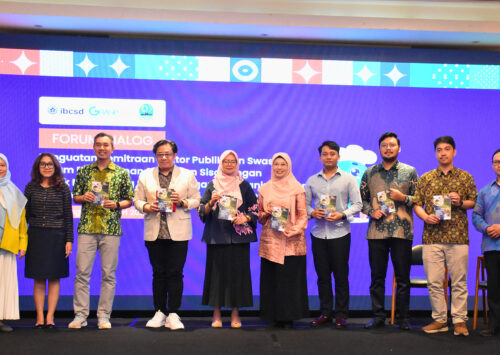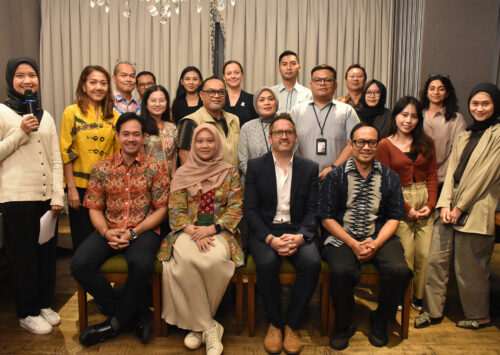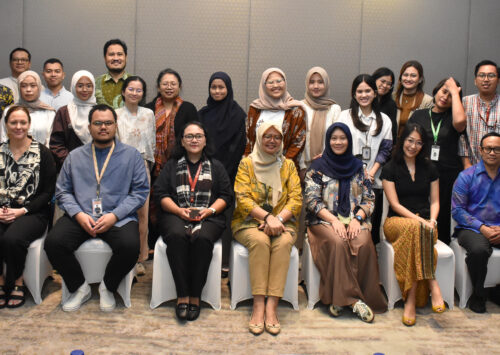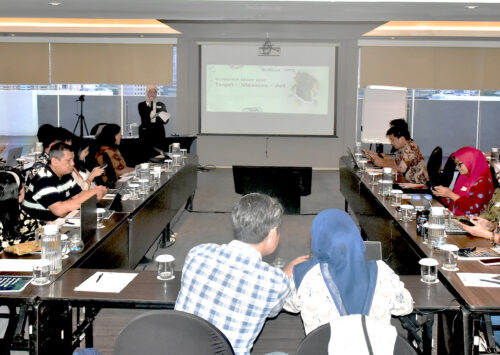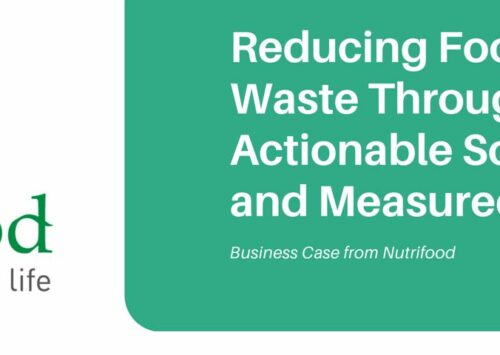Nine global food pacts, convened by WRAP, gathered in Mexico for their first in-person event from January 20-24, 2025. This event laid the foundation for a robust community of practitioners committed to addressing food loss and waste at the local level.
The Indonesia Business Council for Sustainable Development (IBCSD), which manages GRASP 2030—a voluntary agreement among business and non-business organizations to combat food loss and waste in Indonesia—was also invited to participate. They joined food pacts from the global South and North, including the USA, UK, Australia, New Zealand, Mexico, Brazil, and South Africa.
The workshop sessions provided a platform to explore shared challenges, exchange solutions, and discuss key learnings. Actionable insights were gathered to enhance signatory engagement with the Target-Measure-Act (TMA) approach, aiming to accelerate the collective mission of reducing food waste across supply chains and households. Participants also discussed strategies to assess collective impact and drive progress for individual national pacts and the broader regional and global network.
Through dynamic discussions, the Global Food Pact Network agreed on three key areas for future collaboration:
1. Increasing the profile of food waste reduction initiatives globally and within individual in-country pacts.
2. Collaborating to accelerate change and improve efficiency in delivering impact across all food pacts.
3. Demonstrating impact across the network to strengthen funding opportunities for continued collaboration.
The in-person Global Food Pact Network event in Mexico created concrete opportunities for impactful collaboration in tackling food loss and waste. Participants emphasized starting with simple activities, such as sharing case studies, best practices, and relevant templates, to strengthen the profile of each national pact through online platforms or direct engagement based on individual needs and opportunities.
Additional collaborative opportunities include enhancing strategic functions such as data collection and measurement, sector collaboration, and unified knowledge sharing across the network. Standardized and consistent data collection and reporting are expected to be key priorities. Sector collaboration, particularly in hospitality, offers opportunities to leverage relationships and build connections with global organizations that share markets.
Finally, the network aims to present a unified voice and utilize shared resources and tools to accelerate change and enhance efficiency in delivering impact.
